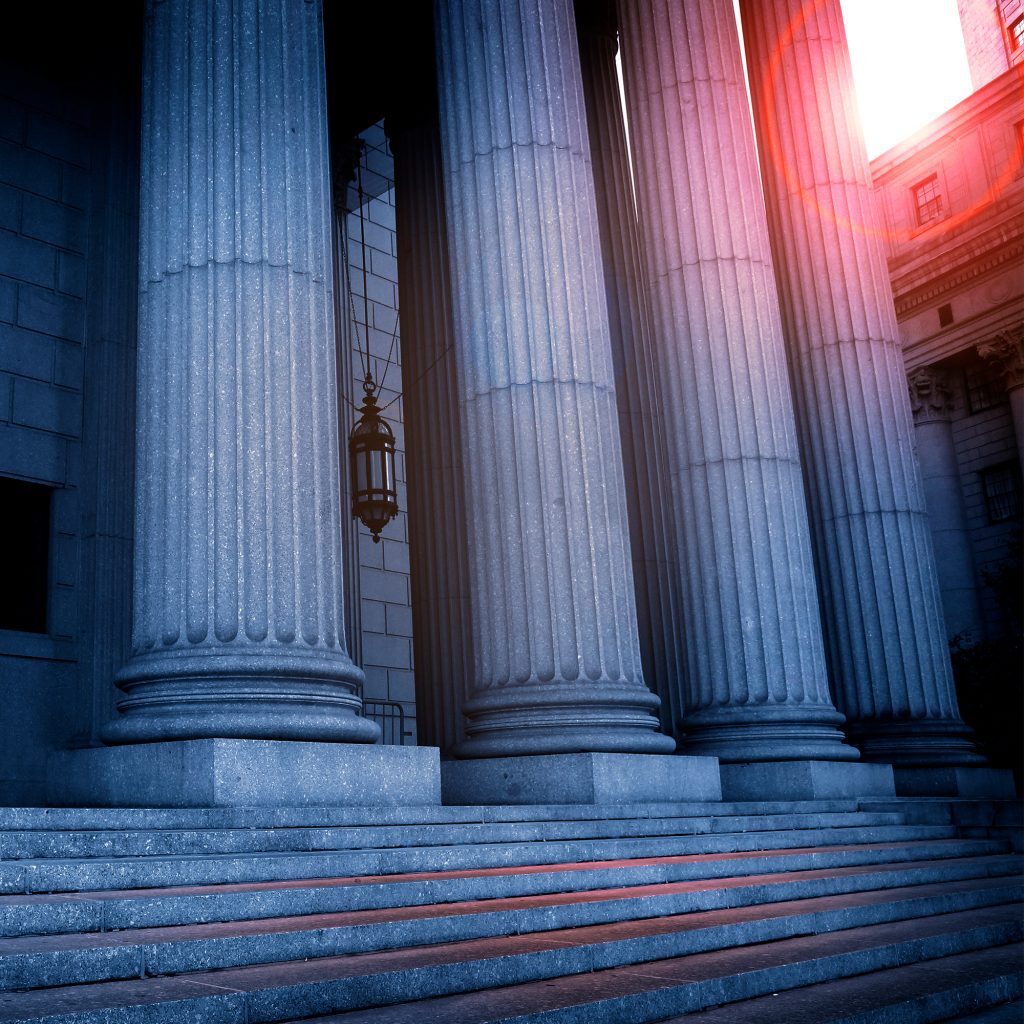Services | Litigation
White Collar Defense
As the government expands the scope of statutes like RICO, The Computer Fraud and Abuse Act, and The Money Laundering Control Act in its investigations and prosecutions, white collar defendants are increasingly subject to higher monetary penalties and added jail time. Clients at the top of their fields come to Ifrah Law because of our ability to successfully manage, navigate, and negotiate high profile federal investigations.
With a focus on government investigations, complex litigation, and white collar defense, Ifrah Law operates on the leading edge of matters involving the intersection of business and the internet. The firm represents companies and their senior executives in criminal and civil matters throughout the United States and also serves as a trusted business advisor to emerging industry clients doing business online.
Our attorneys include a former Chief of the Organized Crime and Gang Section at the Department of Justice and a former assistant U.S. Attorney, a former special assistant U.S. Attorney, and a number of highly trained veterans from some of the nation’s largest and most respected law firms. Our collective experience includes the litigation and resolution of disputes across a broad array of industries on issues ranging from cybersecurity and computer fraud to money laundering and asset forfeiture. As a result, we have established relationships and credibility with federal prosecutors and investigators in such agencies as the Justice Department, the FTC, SEC, and DOD, among others.
Founder Jeff Ifrah is a frequent speaker, author, and commentator on white collar crime issues and the co-author of the book “Federal Sentencing for Business Crimes,” the only complete treatise on the topic. Since 2011, Jeff Ifrah has been continuously recognized by Chambers & Partners as a leader in the field of White Collar Crime & Government Investigations. Partner James (“Jim”) Trusty brings to the team 27 years of experience as a prosecutor in complex, multi-district white collar litigation, especially in matters involving RICO, computer fraud and money laundering: for 7 years he served in the DOJ’s Criminal Division, most recently as Chief of the agency’s Organized Crime and Gang Section.
Related Services




